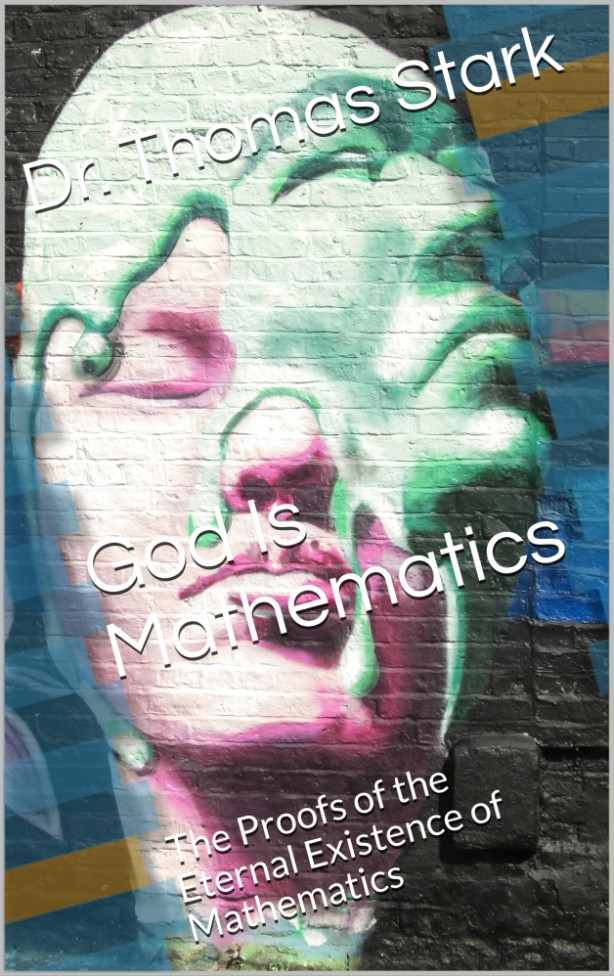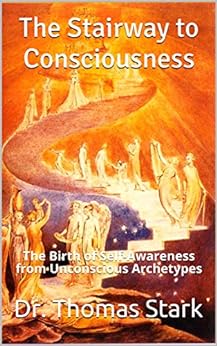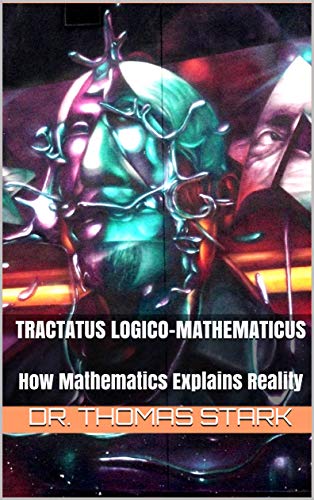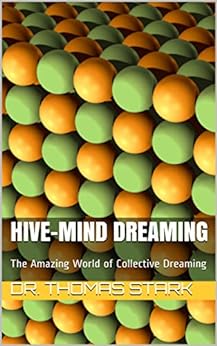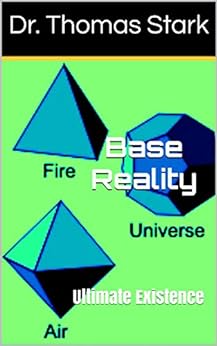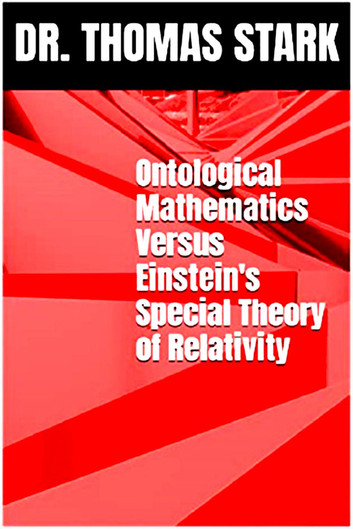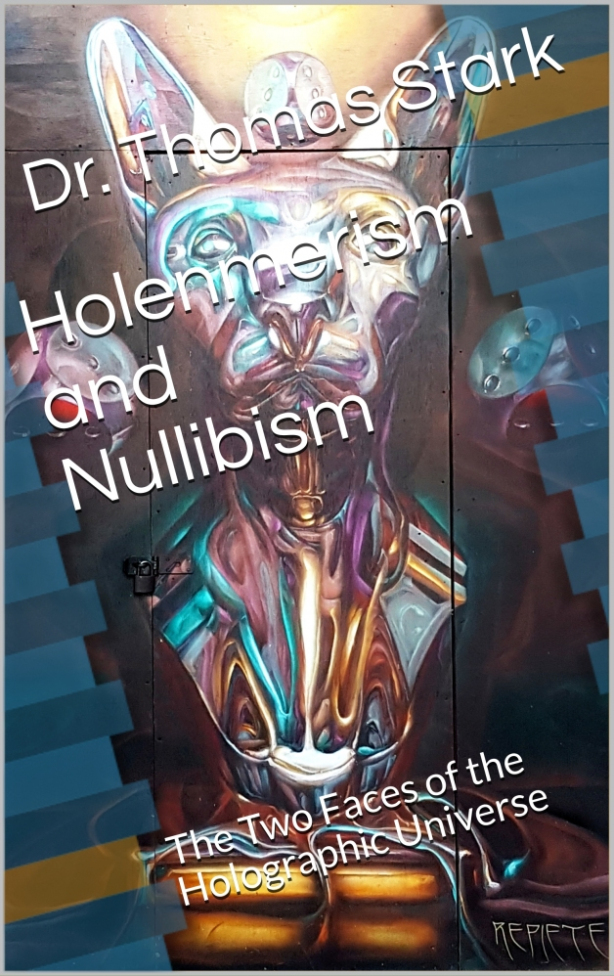
How do you put mind into science? You have to use two concepts called "holenmerism" and "nullibism". These are very old ideas, familiar to philosophers for many hundreds of years. Yet science knows nothing about them. They have dropped off the intellectual radar even though they are the answer to existence. If you want to understand existence, you will have to learn what these two concepts mean. This book will provide you with everything you need to transform how you think about the world around you. You will discover that ideas that were mainstream until the rise of scientific empiricism and materialism a few hundred years ago were right all along, and were describing none other than ontological holography.
